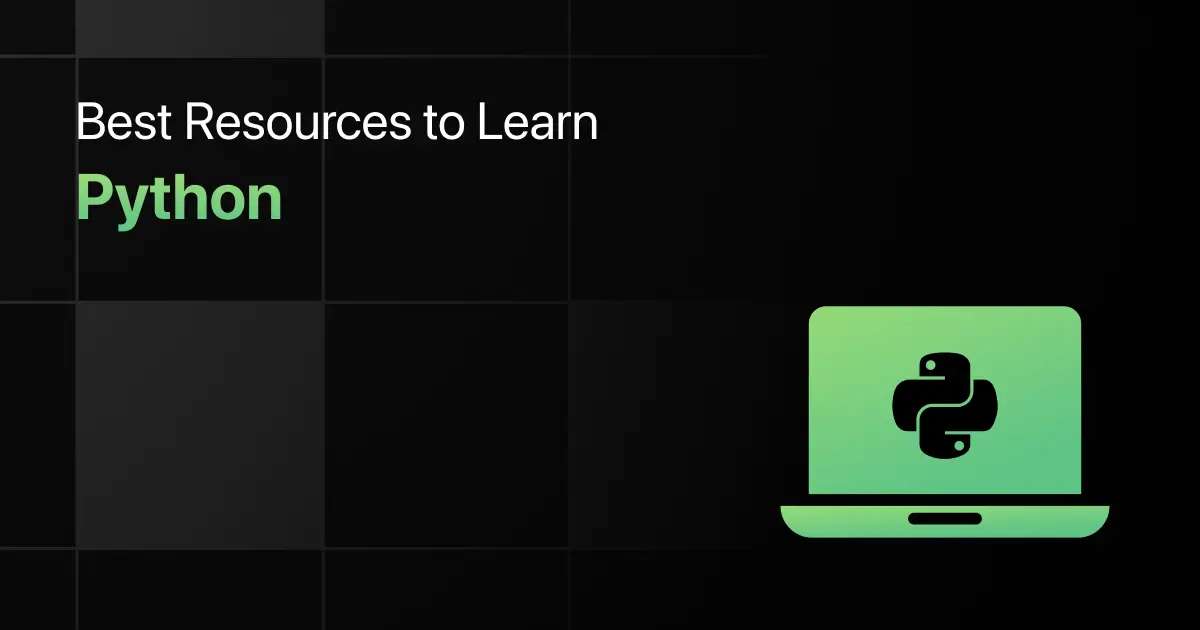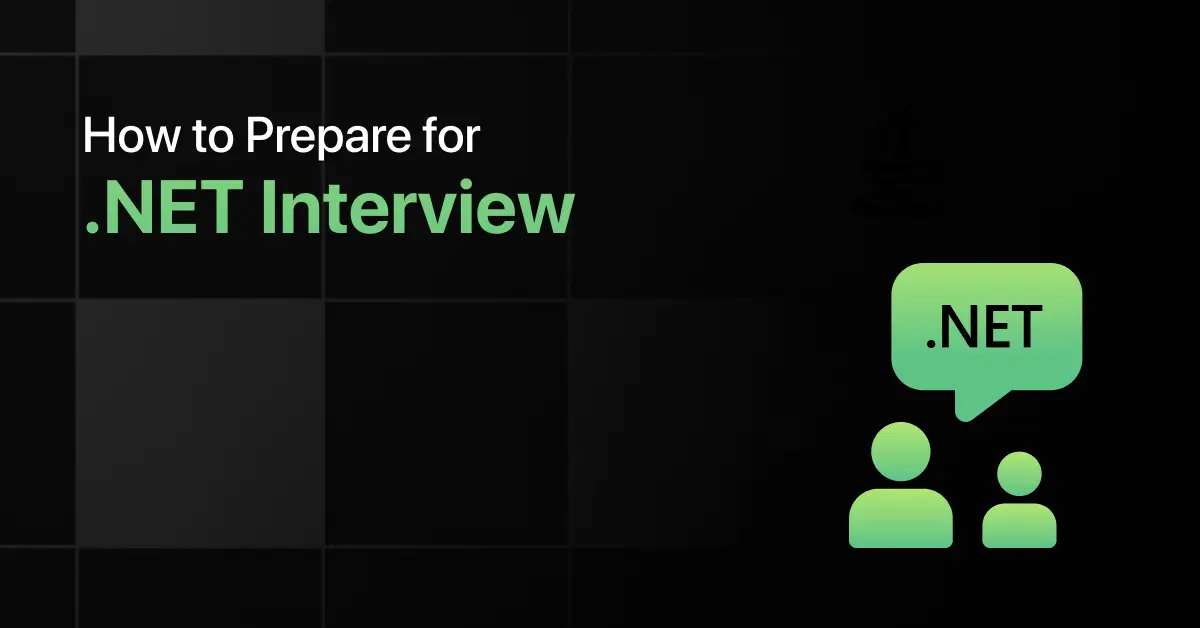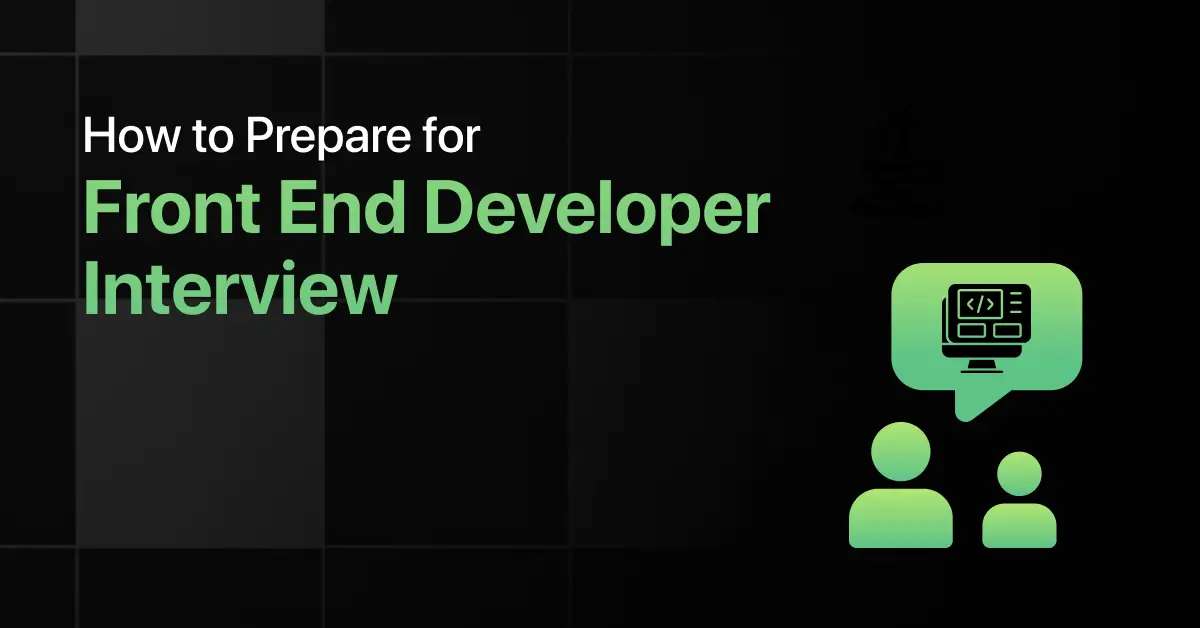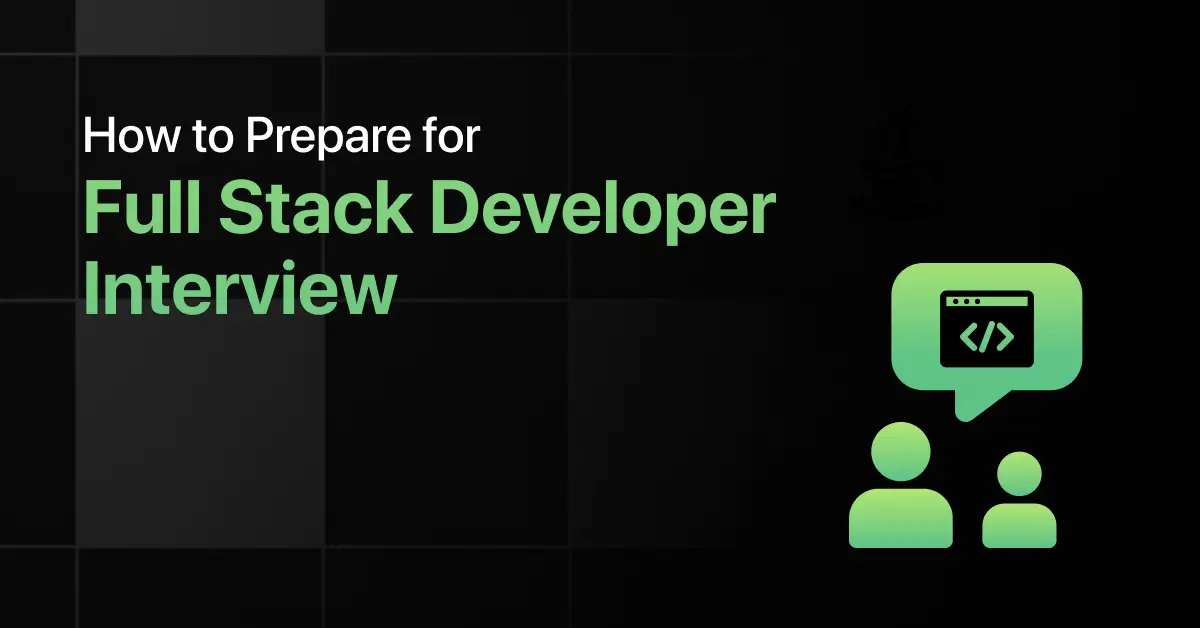Best Resources to Learn Python

Python is one of the most beginner-friendly and versatile programming languages used across industries like web development, data science, AI/ML, automation, and more.
In 2025, learning Python is not just a good-to-have but a must-have. It plays a central role in emerging technologies and is often the first language taught in computer science courses. Whether you’re preparing for placements, shifting careers, or working on side projects, Python offers the perfect blend of ease, flexibility, and real-world demand.
This article will guide you through the best and most practical resources to master Python step by step.
A Quick Overview of Python
| Popular Use Cases | Python is widely used in data analysis, machine learning, automation, web development, and scripting. |
| Learning Curve | Python has a gentle learning curve, making it easy to pick up for beginners with no prior coding experience. |
| Demand in India | Python remains one of the most in-demand skills across tech roles in India, especially in data-centric domains. |
| Job Roles | Python is essential for roles like Data Analyst, Software Developer, AI Engineer, Backend Developer, and Automation Tester. |
| Salary Range | Entry-level Python developers earn ₹4–6 LPA, while experienced professionals can earn ₹12–20 LPA or more. |
| Top Companies Hiring | Companies like TCS, Infosys, Wipro, Google, Amazon, and Zoho actively hire Python-skilled candidates. |
Key Concepts to Learn in Python
To build a strong foundation in Python, it’s important to understand the following core concepts step by step:
- Variables and Data Types: Learn how to store and manage different types of data using variables, integers, strings, lists, and more.
- Control Flow: Understand how to use if, else, elif, and loops like for and while to control the execution of code.
- Functions: Master defining and calling functions to write reusable blocks of code and improve modularity.
- Data Structures: Get familiar with lists, tuples, dictionaries, and sets — essential for organizing and processing data.
- File Handling: Learn how to read from and write to files, which is a key part of many automation and data tasks.
- Error Handling: Use try, except, and finally blocks to handle runtime errors gracefully.
- Object-Oriented Programming (OOP): Understand classes, objects, inheritance, and encapsulation for structured and scalable code.
- Modules and Packages: Learn how to import built-in and third-party packages to extend Python’s capabilities.
- Libraries for Data: Get hands-on with libraries like NumPy, Pandas, and Matplotlib for data manipulation and visualization.
- Working with APIs: Understand how to make HTTP requests and parse responses to integrate Python with external services.
Best Online Resources to Master Python
Learning Python is most effective when you follow a clear structure. Begin with easy-to-understand videos or courses, then move on to interactive practice, and finally apply your skills to real-world problems. The resources listed below are arranged in the right order to help you go from beginner to job-ready with confidence.
Getting Started
If you’re completely new to Python, begin here with easy-to-follow videos and beginner-friendly courses that lay the foundation.
1. YouTube Channels
YouTube channels are a great starting point for visual learners who prefer to grasp concepts through examples and demonstrations. These videos often break down Python fundamentals in a beginner-friendly way using real-world scenarios, making it easier to understand and remember key concepts before moving on to hands-on coding.
Learning Outcomes:
- Understand Python syntax and core concepts
- Learn through real-world coding demonstrations
- Grasp basic logic and flow control
- Build early confidence with visual learning
Mode of Learning: Online & Self-paced
2. Free Courses
Free Python courses are ideal for those looking for a structured and beginner-focused introduction to programming. These typically cover essential topics like variables, loops, functions, and data types through a mix of short lessons, examples, and exercises. They are especially useful for learners who prefer a guided, topic-by-topic approach with checkpoints.
Learning Outcomes:
- Learn Python basics from scratch
- Apply concepts using hands-on coding tasks
- Gain clarity through structured video lessons
- Complete topic-wise checkpoints and quizzes
Mode of Learning: Online
Hands-On Practice
Once you’re familiar with the basics, strengthen your skills by solving coding problems, quizzes, and interactive exercises.
1. Coding Exercises
Coding exercises help reinforce your understanding of Python through real-world problem solving. These practice sets often include tasks on loops, strings, lists, and functions, allowing you to apply what you’ve learned and gradually improve your logic and speed. Many platforms also offer hints and test cases to guide your progress.
Learning Outcomes:
- Improve logical thinking and problem-solving skills
- Practice core Python topics with hands-on code
- Learn step-by-step through hints and test cases
- Build coding confidence through repetition
Mode of Learning: Online
2. Programming MCQs
Multiple-choice questions are a great way to test your conceptual understanding and identify weak spots. These quizzes typically cover a range of Python topics and are arranged by difficulty, helping you revise faster and prepare for technical written rounds in placements.
Learning Outcomes:
- Strengthen conceptual clarity through targeted questions
- Identify and fix knowledge gaps
- Prepare efficiently for technical written rounds
- Gain speed and accuracy under pressure
Mode of Learning: Online
3. Paid Courses
For those looking to advance their Python skills further, paid courses offer a more structured and comprehensive learning experience. These often include real-world projects, mentorship support, and career guidance—ideal for learners aiming to transition into development or data roles.
Learning Outcomes:
- Gain deeper understanding through structured modules
- Build mini and capstone projects
- Learn from curated content and assessments
- Get support through mentorship and career prep
Mode of Learning: Online
Get Job-Ready
After gaining confidence through practice, focus on building mini projects and exploring real interview questions to prepare for placements.
1. Mini Projects
Mini projects are a great way to apply what you’ve learned in a practical context. Whether it’s a calculator, a to-do list app, or a basic data analysis task, building small real-world applications helps you understand how different Python concepts come together. Projects also add credibility to your resume and can be showcased during interviews.
Learning Outcomes:
- Apply Python concepts in real-world scenarios
- Strengthen problem-solving and logical thinking
- Understand how different modules work together
- Build a portfolio of beginner-friendly projects
Mode of Learning: Online
2. Interview Questions
Practicing commonly asked Python interview questions helps you understand what recruiters expect in technical rounds. These questions often focus on logic building, syntax, and real-life scenarios, making them an effective way to revise important topics and boost your confidence before an interview.
Learning Outcomes:
- Get familiar with commonly asked Python questions
- Identify important topics for placement rounds
- Improve your ability to explain code and logic clearly
- Build interview confidence through practice
Mode of Learning: Online
Additional Resources
For deeper exploration or revision, these extra resources can help you revisit concepts, practice more, and stay updated.
1. Python Hub – GUVI
Python hub has compiled articles, snippets, tutorials, and quick references in one place. They’re useful when you want to quickly revise a concept, explore advanced use cases, or discover frequently used methods and functions.
Learning Outcomes:
- Access quick references for Python concepts
- Explore advanced use cases and short guides
- Reinforce learning through repetition and review
- Stay updated with language trends and best practices
Mode of Learning: Online
2. W3Schools
W3Schools provides an interactive Python tutorial that covers everything from basic syntax to advanced functions. With code examples you can run in-browser, it’s a handy tool for learning, reviewing, or experimenting with Python concepts in a simple, structured format.
Learning Outcomes:
- Learn and revise Python topics at your own pace
- Practice with live, in-browser code editors
- Strengthen core concepts through short lessons
- Explore Python modules and functions interactively
Mode of Learning: Online
Tips to Learn Python Effectively
- Start with Visual Learning: Begin your journey by watching beginner-friendly YouTube channels that break down Python concepts
- using simple examples. This visual approach builds clarity and confidence early on.
- Practice Small, Practice Daily: Spend 20 to 30 minutes each day solving basic coding problems. Using platforms that offer hands-on Python exercises will help reinforce syntax and logic consistently.
- Test Your Understanding: After covering the basics, take topic-wise MCQs to identify knowledge gaps and strengthen your conceptual foundation through active recall.
- Build Real Projects Early: Once you’re comfortable with loops and functions, try building small real-world projects. Working on practical ideas helps you apply what you’ve learned and improves problem-solving skills.
- Learn from Interview Questions: To become placement-ready, go through commonly asked Python interview questions. It gives you insight into industry expectations and prepares you for technical rounds.
Final Words
Learning Python doesn’t have to feel overwhelming when you have the right guidance and resources. Whether you’re just starting out or looking to sharpen your skills for job roles, following a structured path makes all the difference.
From videos and exercises to projects and interview prep, each step builds on the last to help you grow confidently. The key is to stay consistent, stay curious, and keep building as you go.
Explore More Resources for
FAQs
Yes, Python is one of the most beginner-friendly languages due to its simple syntax and readability.
The best resources include YouTube tutorials, coding exercises, MCQs, projects, and curated interview questions tailored for placements.
Yes, you can absolutely learn Python on your own using structured online courses, coding platforms, and consistent self-practice.
Yes, many reliable platforms offer free Python tutorials, exercises, and practice content that are ideal for beginners.
Websites like Placement Preparation, GUVI, and others provide hands-on coding challenges, quizzes, and projects in Python.
You can expect questions on data types, loops, functions, OOPs, basic algorithms, and real-world problem-solving using Python.
With consistent effort, you can build a strong foundation in Python within 2 to 3 months using these step-by-step resources.
Related Posts


How to Prepare for .Net Interview
Are you preparing for a .NET interview but not sure which topics to prioritize? Many candidates struggle to balance C# fundamentals, …
Warning: Undefined variable $post_id in /var/www/wordpress/wp-content/themes/placementpreparation/template-parts/popup-zenlite.php on line 1050








